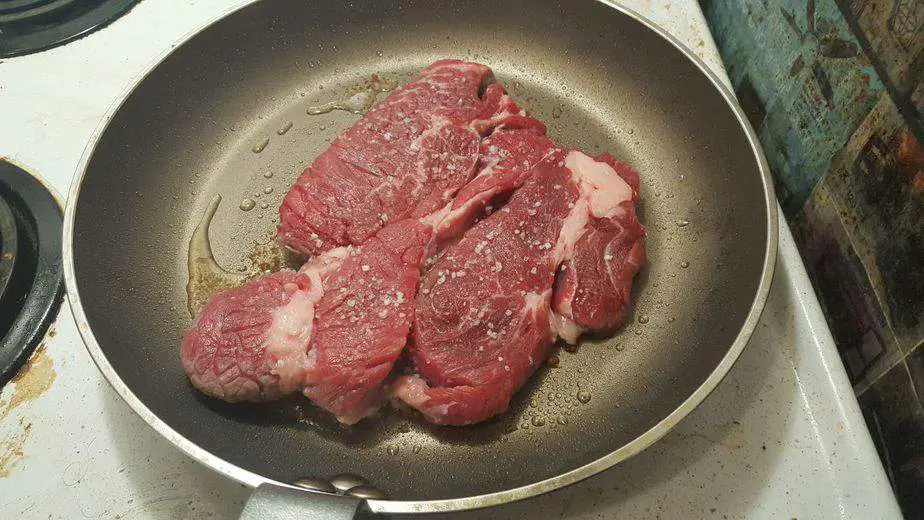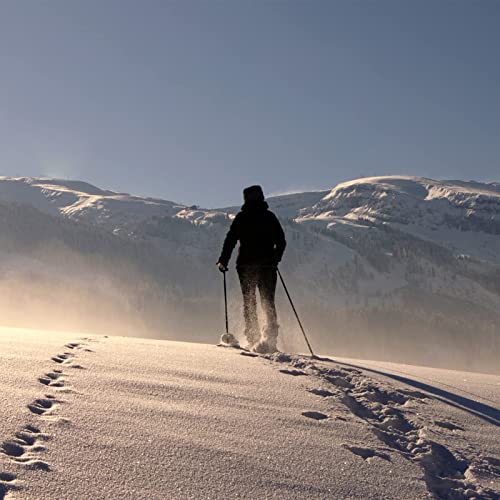I’ve read David Sinclair’s book, Lifespan at least 3 times from cover to cover. In fact, I would say Lifespan was the knock on the head that I needed to wake up from my stupor.
Finding out a more graceful aging is within my control was eye-opening and motivating.
By far, my favorite chapter of the book, and one that I’ve read again and again, is the chapter on lifestyle habits that we can incorporate almost immediately for longevity.

These are the lifestyle principles Lifespan extols on:
More veges, less meat
Eat more vegetables, legumes and whole grains. Eat less meat, dairy products and sugar. We hear this everywhere (Except among paleo circles).
Red meat, chicken, fish and eggs have the full compendium of amino acids, which is great when you are recovering from physical stress or injury. However, vegetable sources of protein only have some amino acids. Your body inteprets this lack as a sign to hunker down for lean times, activating the survival circuit.
Vegetables also have countless other benefits including lower calorie content and high levels of polyphenols, especially stressed plants.
A steak might taste great and fill you up, but eating like a rabbit will help you live longer:

Calorie restriction
Eating less often and allowing our bodies to feel hungry triggers our survival circuit.
It’s important to note that we are talking about calorie-restriction without malnutrition. It’s not about starving yourself and getting malnourished.
It’s about keeping your body on alert with just enough food to function in healthy ways. When your body senses this ‘lack’, it will tell the longevity genes to rev up.
Calorie restriction not only lengthens life but also reduces your risk of heart problems, diabetes, stroke, and cancer. Eating less is not only a longevity plan, it’s also a vitality plan.
Unfortunately there is no easy way out. You actually need to feel the hunger so your brain turns on the genes that release longevity hormones. If you eat food that is low in calorie but filling, some of the health benefits are lost.
Unfortunately, no more buffets, ever:

Have a habit of eating too much? Read how I solved the problem.
Intermittent fasting
Intermittent fasting or periodic fasting is about not being hungry all the time but using hunger some of the time to engage our survival circuit. There are quite a few ways to do intermittent fasting and David mentions a few:
- time-restricted eating (16:8)
- eating 75% fewer calories for 2 days a week (5:2 diet)
- Skipping food for a couple of days a week (eat stop eat)
Almost any periodic fasting diet that does not cause malnutrition is likely to put your longevity genes to work. However, the one I have found most practical and sustainable for a regular pleb like me is the 16:8 diet or time-restricted eating.
Exercise
Studies have found that those who exercised more had longer telomeres. In fact, one study showed that people who did the equivalent of half an hour of jogging five days a week have telomeres that appear nearly a decade younger than telomeres of couch potatoes.
Exercise comes with so many health benefits but from the longevity point of view, exercise is a form of stress for our bodies, raising NAD levels that activate the survival network. This in turn will rev up energy production and encourage muscles to grow more blood vessels.
Exercise also upregulates AMPK, mTOR and sirtuins.
But not all exercise is equal Intensity of exercise matters. High intensity interval training have been found to upregulate the greatest number of health-promoting genes as it really raises your heart rate and respiratory rate.
However, any vigorous exercise that will cause you to sweat, make your heart race and not allow you to carry on a conversation without panting will activate your survival circuit.
Busy mom like me and have no time for exercise? Read about how I get a workout in with my toddlers.
Be cold
Studies also found that being cold reved up production of brown fat. Infants have lots of brown fat to protect their little bodies from the cold but as we age, the brown fat is largely replaced by white fat and adults only have minimal amounts. of brown fat.
But brown fat is mitochondria-rich and was found to be associated with a longer, healthier life. Exercising in the cold was found to be the best way to make brown fat. However, leaving a window open overnight and sleeping with just a sheet on might help too.
Making brown fat gets harder as you age so the time to start is now.
Having said that, you should do everything in moderation. Shivering in the cold semi-regularly is fine. Hypothermia and frost bite are not.
Be hot
Oddly, studies also found being hot is good for longevity. Multiple european studies have found that regular sauna is good for you and can reduce heart disease. The theory is that being hot for short periods of time turns on NAMPT, the gene that recycles NAD. When more NAD is made, sirtuins work harder.
Now you can set up an infrared sauna in the corner of your living room:
Reduce DNA damage
DNA damage is inevitable. There’s background radiation everywhere from everything. Short of living in a lead box, there is no way to avoid it. Even DNA replication causes DNA breaks, trillions throughout your body every day. But there’s lots we can do not to make things worse. For starters, stop:
- smoking
- using plastic bottles and containers
- exposure to chemicals from solvents, degreasers, pesticides etc.
- eating processed meats which are potent carcinogens
- radiation exposure – UV light, x-rays, trapped radon in homes, even airport body scanners all have radiation.
To wrap up
Aging is inevitable but there are lots we can do to try to slow it down and even reverse it. These lifestyle tips are entirely doable with a bit of conscious thought and practice.
Lifespan has opened my eyes to a different way of living and changed my life. Thoroughly recommended. Get your copy on Amazon or any bookstore around the world.
 Check it out on Amazon
Check it out on Amazon
 Check it out on Amazon
Check it out on Amazon
Pingback: What stressed plants should I eat?
Pingback: Minimum fasting length to see benefits from time restricted eating
Pingback: How do you do time restricted eating?
Pingback: How I exercise with my toddlers